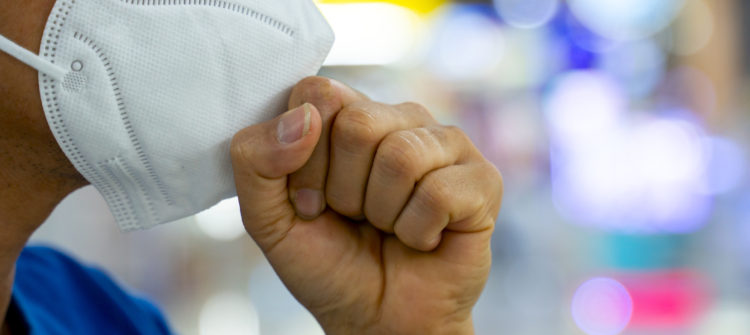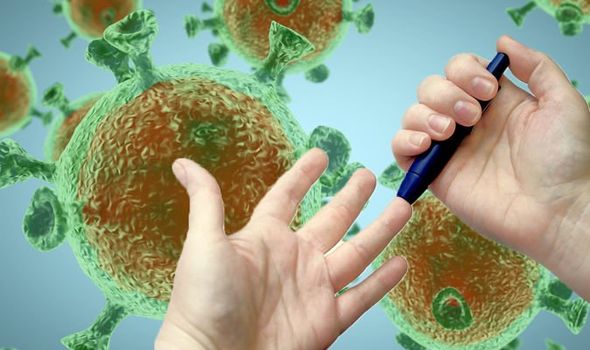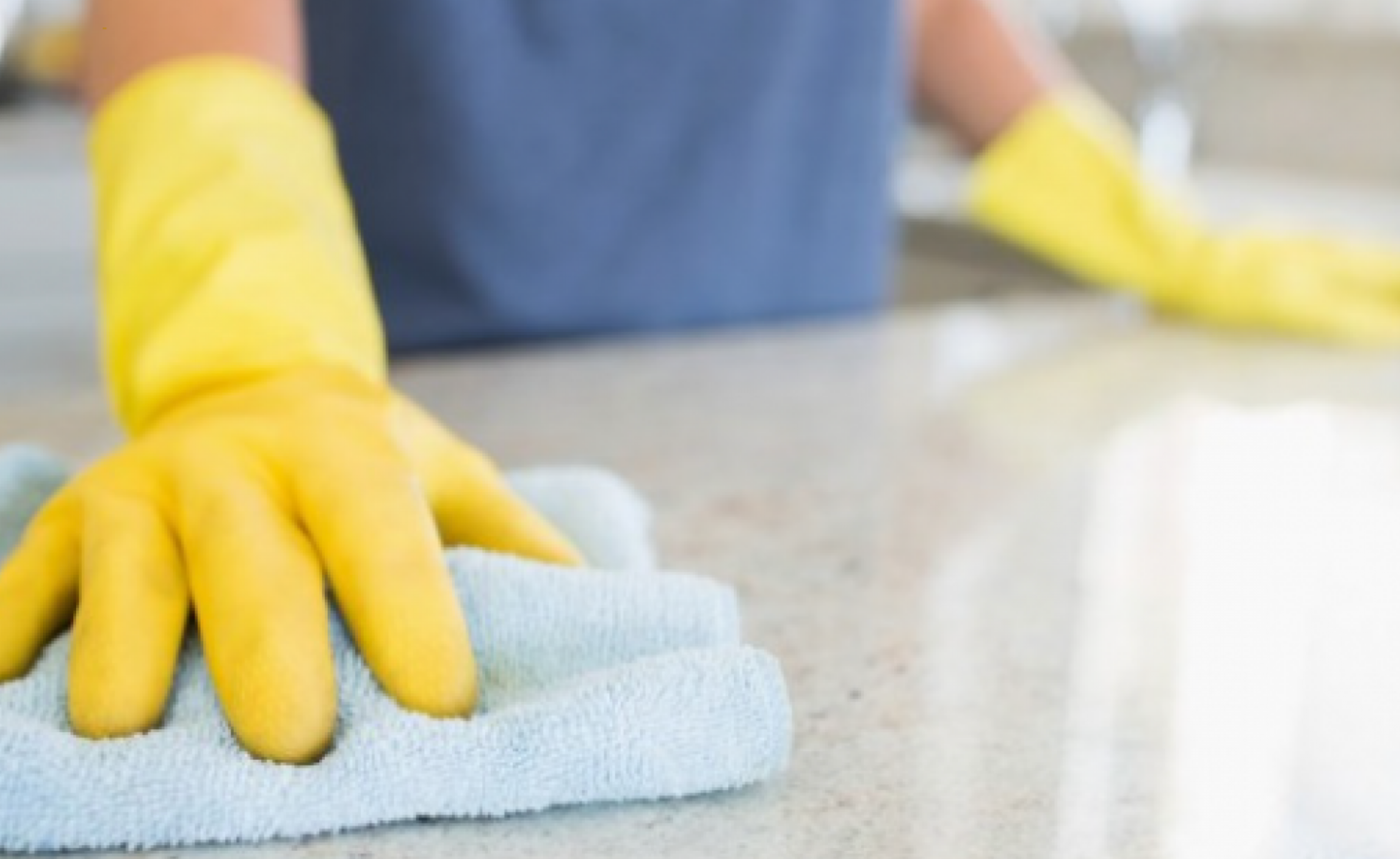The widespread pandemic COVID-19 or the Corona Virus has been causing many casualties than ever. With flashing news all over, tumbling economy, an increasing number of infected people, Corona Virus has sure brought our lives to a standstill. It has left people in constant dismay. You can avoid contaminating yourself from the dreaded virus by taking a few preventive measures.
[su_accordion]
[su_spoiler title=”What is the known source of COVID-19?” open=”no” style=”default” icon=”plus” anchor=”” class=””]COVID-19 belongs to a family of viruses collectively called coronaviruses. Some of these may cause illness in people while others infect animals. COVID-19 is the novel strain of coronavirus that is believed to be originating from sea animals but can infect humans and further spread between people.
[/su_spoiler]
[su_spoiler title=”How does COVID-19 spread between people?” open=”no” style=”default” icon=”plus” anchor=”” class=””]After the first case was reported in Wuhan, China, the source of the infection was linked to the wet markets in Wuhan. Lately, the virus has been spreading vigorously from person-to-person. COVID-19 is highly contagious and can spread if you come in contact with an infected person within a range of one meter. Further, the virus can easily spread and sustain in the community in some affected regions. Some people who may not show visible signs of infection serve as carriers and can infect others.[/su_spoiler]
[su_spoiler title=” What is the course of treatment for a person infected with COVID-19?” open=”no” style=”default” icon=”plus” anchor=”” class=””] Someone who shows active symptoms of COVID-19 is immediately advised to be isolated either in the isolation chambers within the hospital premises or home depending on the severity of symptoms. The patients are kept in isolation until they show signs of recovery.
The period of active sickness may vary from person to person depending on age, immunity, and physical wellbeing. Therefore, a decision to release a person from the isolation is done on a case-by-case basis by the doctors in charge and the infection prevention & control experts.A person can be released only if:
- The fever of the patient drops without using fever-reducing medication.
- The patient does not show visible symptoms such as coughing and sneezing.
- The patient tests negative for at least two consecutive tests done on respiratory specimens collected 24 hours apart.[/su_spoiler]
[su_spoiler title=” What is the minimum quarantine period for COVID-19 patients?” open=”no” style=”default” icon=”plus” anchor=”” class=””] The quarantine period for COVID-19 patients is 14 days from the date of last exposure. [/su_spoiler]
[su_spoiler title=”Can a person released from quarantine spread illness to other people?” open=”no” style=”default” icon=”plus” anchor=”” class=””]People who are believed to be exposed to any contagious disease like COVID-19 but haven’t yet developed any symptoms are separated and kept in quarantine under observation to prevent a possible spread of the disease. These people are released if they do not develop any signs of illness during the period of incubation which is approximately 14 days. These people are not considered a risk for further spreading the illness to other people.[/su_spoiler]
[su_spoiler title=” Can coronavirus spread through food?” open=”no” style=”default” icon=”plus” anchor=”” class=””]Lately, no evidence has been recorded to support the transmission and spread of coronavirus via food except for its origin. The COVID-19 virus is believed to be spread from one affected person to another healthy human being via respiratory droplets. A person can get the virus by touching an infected surface or object and then touching their face. Because of poor survivability on the surface, coronavirus is not likely to be spread via packaged, refrigerated, or frozen food items.[/su_spoiler]
[su_spoiler title=”Can warm temperatures help in stopping the outbreak of novel corona?” open=”no” style=”default” icon=”plus” anchor=”” class=””]The impact of weather or warm temperatures on novel corona is not yet known. The investigations related to the severity, transmissibility and other parameters of novel corona are still ongoing.[/su_spoiler]
[su_spoiler title=” Can warm temperatures help in stopping the outbreak of novel corona?” open=”no” style=”default” icon=”plus” anchor=”” class=””]The impact of weather or warm temperatures on novel corona is not yet known. The investigations related to the severity, transmissibility and other parameters of novel corona are still ongoing.[/su_spoiler]
[su_spoiler title=”Does coronavirus infects people of a certain age group only?” open=”no” style=”default” icon=”plus” anchor=”” class=””]People of all age groups can get sick with novel corona. However, older people, children, people with lower immunity, or people having pre-existing medical conditions like asthma, heart disease, diabetes are more susceptible to get a severe infection with COVID-19.[/su_spoiler]
[su_spoiler title=”Does the consumption of garlic and onions in food helps in preventing viral infection?” open=”no” style=”default” icon=”plus” anchor=”” class=””]Garlic is considered a superfood for its antimicrobial properties. It does help in building immunity and provides certain health benefits. However, no evidence has been recorded to support the fact that eating garlic can prevent people from getting infected with COVID-19.[/su_spoiler]
[su_spoiler title=”Can I use antibiotics to prevent and treat coronavirus?” open=”no” style=”default” icon=”plus” anchor=”” class=””]Antibiotics are generally prescribed for bacterial infections but they are not much effective against viruses. Therefore, you should not use antibiotics on your own to prevent and treat coronavirus infection. However, if you are infected and hospitalized, your healthcare providers may prescribe antibiotics if they suspect a bacterial co-infection.[/su_spoiler]
[su_spoiler title=”Are there any specific medicines to treat COVID-19?” open=”no” style=”default” icon=”plus” anchor=”” class=””]Research is still ongoing to find an effective cure for COVID-19. To date, no available medicines are recommended to treat coronavirus. People showing symptoms must immediately seek supportive care under medical practitioners.[/su_spoiler]
[su_spoiler title=”How do I know if I am at high risk for serious illness because of COVID-19?” open=”no” style=”default” icon=”plus” anchor=”” class=””] You may be at high risk for serious illness because of COVID-19 if only if:
- You are an adult of 65 years or older.
- You have been living in a nursing home or care facility for long.
- You are pregnant.
You have any of the following medical conditions:
- Asthma or chronic lung disorder
- Coronary artery disease
- Congestive heart failure
- Diabetes
- Neurological conditions
- Weak immune system
- Underwent chemotherapy
- Cancer
- Sickle cell anemia
- Chronic kidney disease
- Liver cirrhosis
- A spleen that does not function properly
- Lack of spleen
- Extreme obesity
[/su_spoiler]
[su_spoiler title=”What should I do if I am at high risk for serious illness because of COVID-19?” open=”no” style=”default” icon=”plus” anchor=”” class=””]Here are some steps you should take if you are at high risk for serious illness because of COVID-19:
- Avoid non-essential travel.
- Stock up essential supplies.
- Keep space with others.
- Stay away from sick people in public locations.
- Wash hands often.
- Limit close contact.
- Avoid crowded places.
- Watch for early symptoms and signs of an emergency.
- Stay back at home as much as you can
[/su_spoiler]
[/su_accordion]
In addition, the WHO’S declaration has increased the pressure on governments to device effective action plans & everting the lives of people across the globe. Experts believe that more people are likely to get sick from COVID-19. Parents need to be prepared in case of school closures. It might become tough to find supplies as more people are becoming sick. Being prepared during this uncertain time might help you & your loved ones from the disease.
Follow these basic steps to reduce your risk of getting sick or infecting others-
Feeling sick? Stay at home
It’s time to be extra cautious to protect yourself and other people. A majority of people who contract coronavirus do not fall seriously sick instead they experience symptoms of common flu. However, if you develop a high fever call your doctor. Check on the CDC website and your local health care for advice and where to be tested. Opt for work from home. Avoid going out as much as possible.
Feeling anxious? Stay informed
Secondly, it’s more important to stay updated with the recent developments. But beware of the fake news. Stay updated with the local news which is reliable. New information comes out every day and will evolve in the coming days, so don’t panic but be prepared and do your bit to help prevent the disease like practicing hygiene habits. However, if you feel stressed out start reading books, exercising, listening to music to cut down the stress.
Use hand-wash & disinfectants
Health experts all over the world recommend frequent hand washing to be the most effective way to avoid contracting COVID-19. Make sure you have an ample supply of hand wash, hand sanitizer, and toiletries. Use disinfectants to clean up the surfaces. The virus may be able to survive for longer than a week. Use bleach or ethanol-based disinfectant wipes. Cover your face while sneezing or coughing. Use face masks while going to public places.
Stock up the supplies
Make sure you have all the needed medications available at your home including a thermometer. Keep foods that do not require to be refrigerated. Buy canned food & juices, rice, dried beans, tea, sugar, coffee, granola bars or peanut butter. Stock up baby foods too if needed. Also, keep a stock of foods like soups & fluids. This might help your family members when sick. To avoid long lines & return empty-handed start stocking up the essentials.
Maintain Social distancing
It is advisable to maintain social distancing even if someone around you is coughing or sneezing. Cover your face with a tissue or hanky while sneezing. Avoid touching your eyes, nose or mouth with unwashed hands. Seek medical attention if you feel you have the symptoms. Avoid going to large public gatherings like theatres, matches, weddings, gyms, etc.
To avoid the possibility of spreading the virus, contact a dedicated hotline first and then limit contact with others as much as possible. To date, there is no certain vaccine for COVID-19. Traditional home remedies might subside the symptoms but it cannot cure it altogether.
By following these simple tips, you can prepare yourself & your family from an ever-increasing concern.





